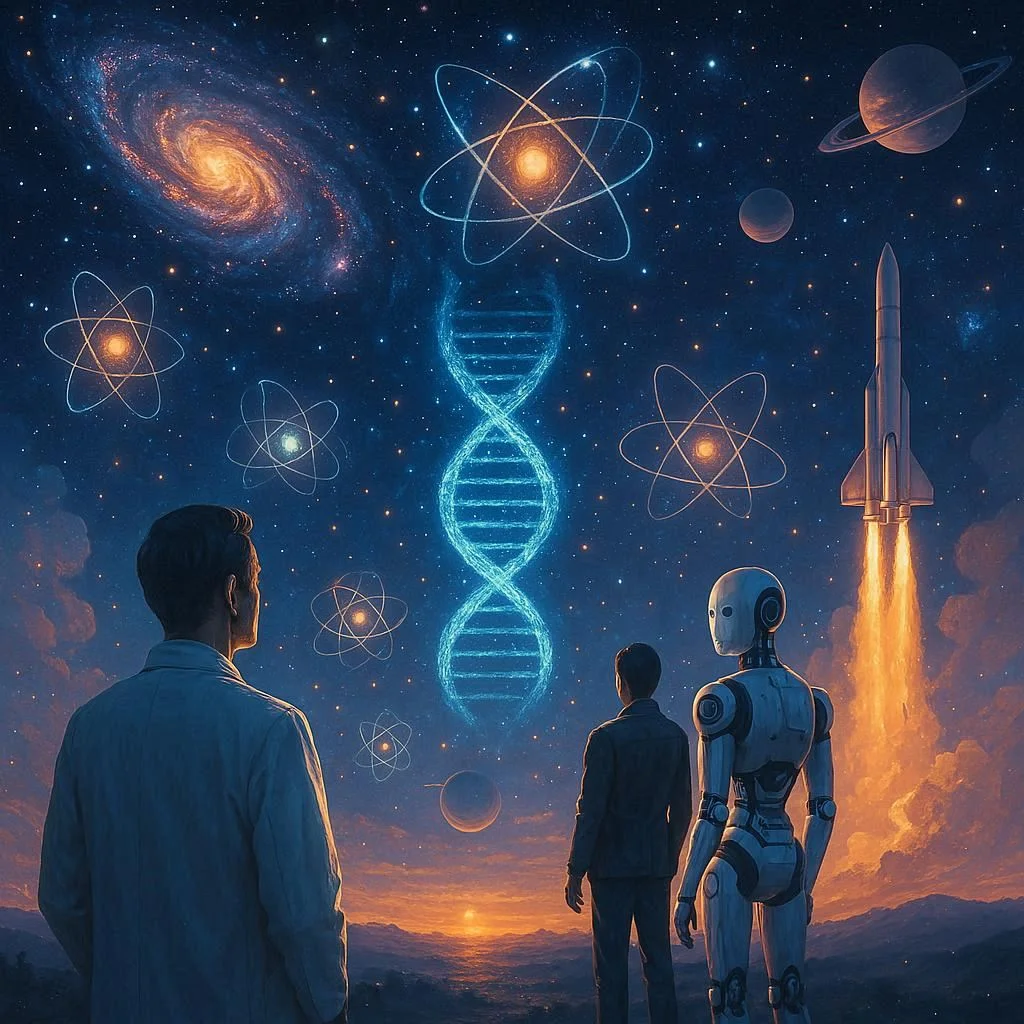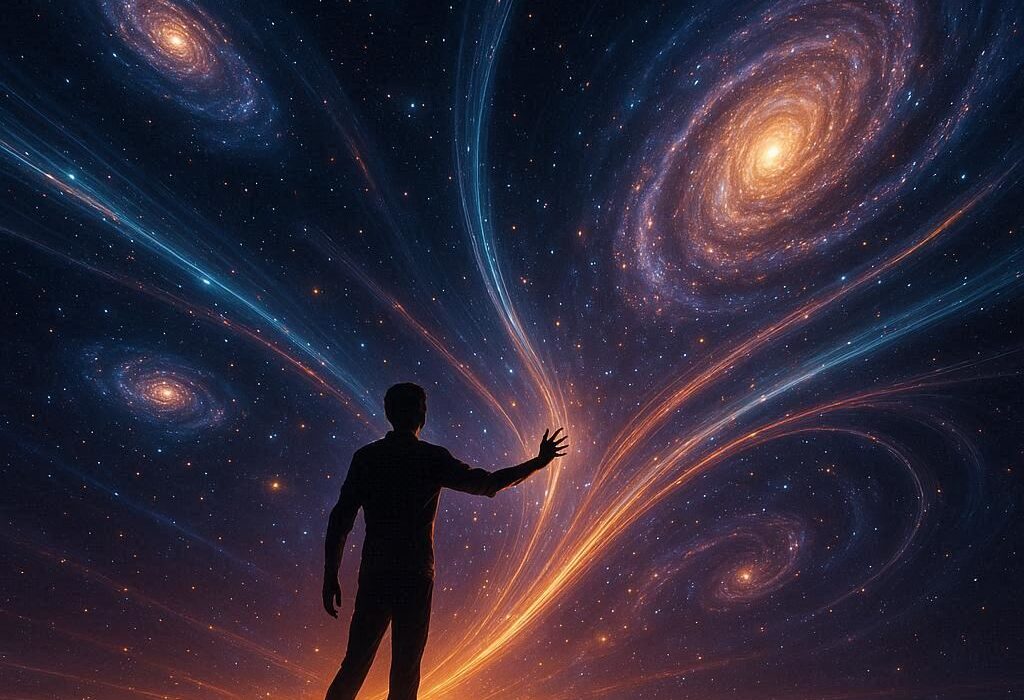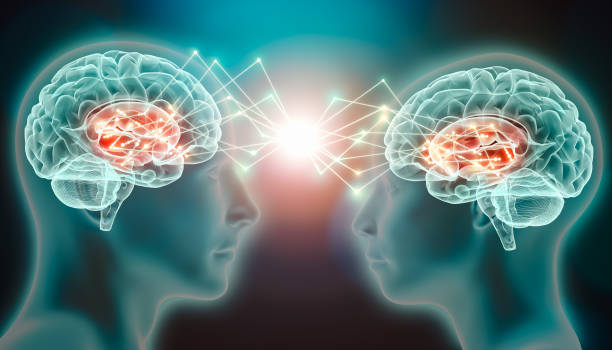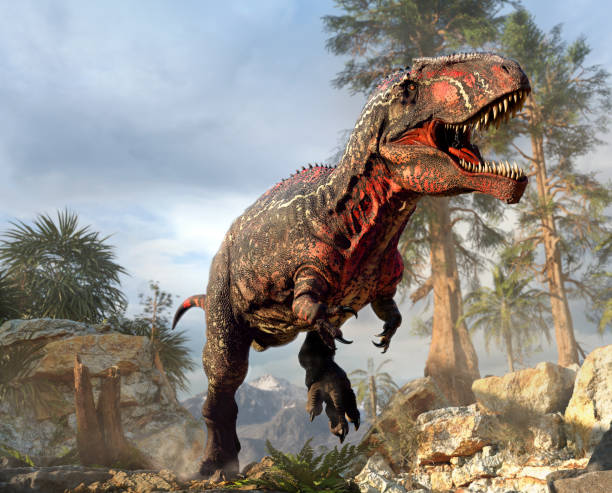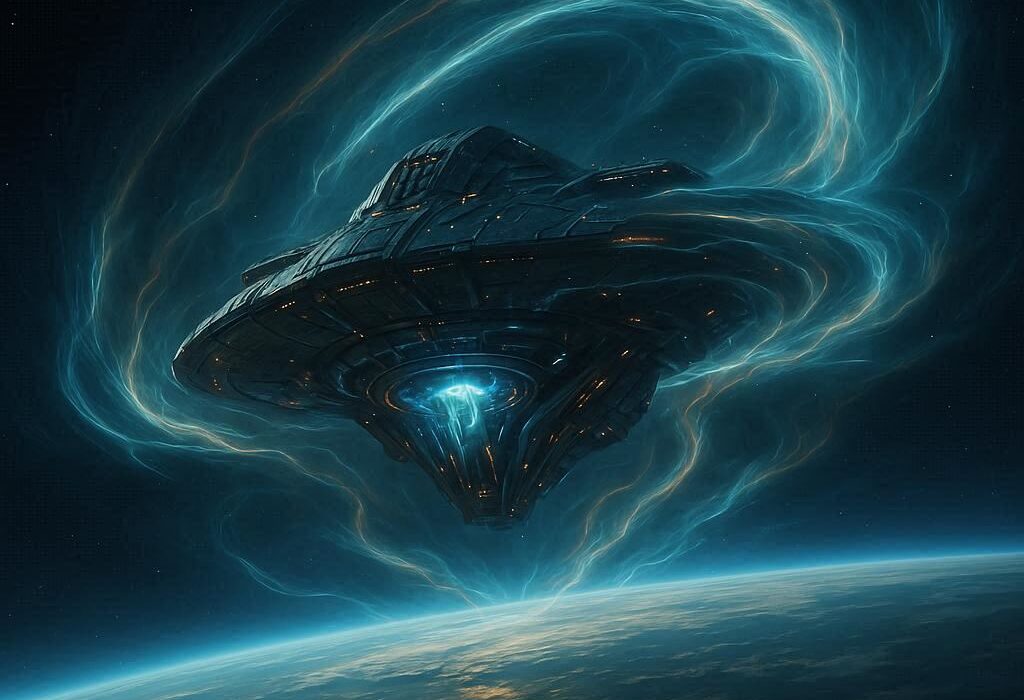From the dawn of civilization, human beings have looked into the unknown with a mixture of fear, wonder, and longing. We carved tools from stone, painted the walls of caves, mapped the stars, and eventually built machines that could take us beyond the sky itself. Yet for all that we have achieved, our greatest discoveries may still lie ahead. The future of science is not just about incremental progress; it may transform reality in ways that seem impossible, even absurd, to our present imagination.
Science has always had this power: to turn what was once fantasy into fact. Flying across oceans, transplanting organs, decoding the human genome—these were once unthinkable dreams, dismissed as impossibilities. Today, they are ordinary parts of life. And so the question we face is not whether the future of science will reshape reality, but how—and whether we are prepared for the wonders and dilemmas it will bring.
The Expanding Cosmos of Possibility
When we look at the night sky, we are not just gazing at stars but at time machines—ancient light carrying the stories of billions of years. Yet as vast as the universe is, our knowledge of it is still a grain of sand on an endless beach. The cosmos may hide mysteries stranger than any science fiction novel ever written.
We know only a fraction of what exists: dark matter, which shapes galaxies but remains invisible; dark energy, a force pushing the universe to expand faster and faster; and the tantalizing possibility of parallel universes, where reality itself may branch into infinite variations. As telescopes become more powerful and artificial intelligence helps us analyze the data, the future may reveal not only whether we are alone but whether the universe itself is far weirder than we can comprehend.
Life Beyond Earth
Few questions stir the imagination more than “Are we alone?” For centuries, the idea of life beyond Earth was relegated to myth and speculation. But science has transformed this into a legitimate, urgent pursuit. Mars may once have flowed with rivers. The icy moons of Jupiter and Saturn—Europa, Enceladus, and Titan—may conceal oceans teeming with microbial life beneath their frozen shells.
The discovery of exoplanets—worlds orbiting distant stars—has revealed thousands of possible new homes for life. Some are “super-Earths,” larger than our planet but rocky and potentially habitable. Others orbit within the “Goldilocks zone,” where conditions might allow liquid water. It is no longer a question of if we will find evidence of life elsewhere, but when. And when that moment comes, it will not just be a scientific breakthrough but a philosophical revolution, reshaping our understanding of our place in the cosmos.
Yet the future of astrobiology could be stranger still. Life on other worlds may not resemble anything on Earth. It may be silicon-based rather than carbon-based, or exist in forms that defy our biological expectations. Consciousness itself could emerge in environments unimaginable to us. The shock of encountering such life would be like opening a book written in an alien language, knowing it tells us something profound about existence itself.
The Frontier of the Human Mind
While we search the cosmos for life, another great mystery lies much closer—within ourselves. The human brain, with its billions of neurons firing in intricate patterns, remains one of the least understood frontiers in science. We can map galaxies millions of light-years away, but we are only beginning to map the landscape of thought, memory, and consciousness.
Neuroscience is rapidly advancing. We are learning to decode brain activity, to link it with behavior, to restore sight to the blind, and even to allow people to move robotic limbs with their thoughts. In the future, brain-computer interfaces could allow us to share thoughts directly, to record dreams, or to upload our consciousness into digital systems.
This raises profound questions. What does it mean to be human if our minds can merge with machines? Could consciousness survive outside the biological brain? If memory, identity, and awareness can be transferred, would a digital self truly be “you,” or merely a copy? The answers may be stranger than fiction—blurring the boundary between mind and machine, between biology and technology, between mortality and immortality.
The Genetic Future
In the twentieth century, scientists unlocked the structure of DNA, the blueprint of life. In the twenty-first, we are beginning to edit that blueprint with precision. CRISPR technology allows us to alter genes, potentially curing inherited diseases, eliminating certain cancers, or even enhancing human abilities.
But genetic science is not limited to health. It may allow us to resurrect extinct species, to design crops that thrive in harsh climates, or even to alter our own evolution. Future generations may live in a world where parents can choose traits for their children, where aging can be slowed or reversed, and where human beings may diverge into multiple genetically distinct forms of life.
Here lies both hope and danger. The ability to shape life at will could solve some of humanity’s greatest problems, but it could also deepen inequality, fuel ethical dilemmas, and test the boundaries of what it means to be human. In this genetic future, we may find that science fiction stories of engineered superhumans or hybrid species were not fantasies at all, but previews of what is possible.
Quantum Realities
Beneath the surface of everyday reality lies the strange world of quantum physics—a realm where particles can exist in multiple states at once, where they can be entangled across vast distances, where uncertainty rules instead of certainty. For most of history, this realm was hidden, but now we are learning to harness it.
Quantum computers, operating on principles of superposition and entanglement, promise to solve problems far beyond the reach of classical machines. They could revolutionize cryptography, materials science, medicine, and artificial intelligence. But the implications may go deeper still. Quantum mechanics suggests that reality itself is not as solid as it seems—that at its foundation, the universe is more like a web of probabilities than a clockwork machine.
The future may reveal ways to exploit quantum phenomena for teleportation, communication across space, or even insights into the very structure of reality. What was once dismissed as fantasy—instantaneous travel, parallel dimensions, alternate timelines—may find its roots in the strange truths of quantum science.
Artificial Intelligence and the New Evolution
The rise of artificial intelligence is already reshaping our world. Machines that can learn, adapt, and even create are no longer confined to science fiction. AI systems now write poetry, diagnose diseases, and design new technologies. Yet what we see today may be only the beginning.
In the future, AI may surpass human intelligence, entering the realm of artificial general intelligence (AGI). Such systems could understand the world as broadly and deeply as we do—or beyond. They may discover scientific principles beyond our comprehension, solve problems we cannot, or create art that redefines creativity itself.
But with this possibility comes unease. If machines become conscious, will they have rights? If they surpass us, what will be our place in the hierarchy of intelligence? The idea of merging with AI—creating hybrid human-machine minds—suggests one possible path forward, where evolution shifts from biological to technological. The future of intelligence may not be human alone, but a new symbiosis between organic and artificial.
The Future of Space Exploration
We live on a fragile planet, a thin shell of life floating in a vast cosmic ocean. But science is pushing us beyond these boundaries. In the coming centuries, humans may colonize Mars, build space habitats, mine asteroids, and explore the outer planets.
With the development of propulsion systems like nuclear fusion or antimatter engines, interstellar travel may one day be possible. The stars that now appear as distant lights could become destinations. And with them comes the possibility of meeting other civilizations—or becoming one that spreads across the galaxy.
Yet this future will also test us. Space is harsh, unforgiving, and full of dangers. Surviving beyond Earth will demand technologies that may seem fantastical today: terraforming planets, engineering artificial gravity, or uploading consciousness into machines better suited for the void. The line between science and fiction may blur completely as we step into the stars.
The Ethical Labyrinth
As science opens these extraordinary frontiers, it also forces us to face dilemmas without precedent. Should we design our children? Should we create conscious machines? Should we alter entire ecosystems to survive climate change? Should we spread life to other planets, or leave them untouched?
The future of science is not only about possibility—it is about responsibility. Every discovery carries a shadow of risk, every innovation a weight of ethical choice. The challenge will not only be to invent but to decide wisely how those inventions are used.
The Unimaginable Future
Perhaps the most thrilling, and humbling, truth about the future of science is that much of it is beyond our imagination. Just as our ancestors could never have envisioned smartphones, spaceflight, or genetic engineering, so too are there discoveries waiting for us that we cannot yet conceive. The future may reveal laws of physics we have not glimpsed, dimensions of reality we cannot imagine, or forms of life and intelligence utterly alien to our minds.
Science thrives on the unknown. Every question answered opens ten more, every frontier crossed reveals another horizon. The future will be stranger than fiction not because fiction lacks imagination, but because reality has always proven to be more surprising, more vast, and more mysterious than we dared to dream.
Conclusion: Living on the Edge of the Unknown
The story of science is the story of humanity itself—our curiosity, our daring, our longing to understand the universe and our place within it. The future of science will not only transform technology but also transform us, reshaping our identity, our morality, and perhaps even our destiny.
What lies ahead may sound like fantasy today: conscious machines, genetic evolution, quantum worlds, alien life, journeys to other stars. Yet history has shown us that the boundary between fiction and fact is fragile, easily crossed by the march of discovery.
To step into the future of science is to embrace wonder, uncertainty, and hope. It is to accept that the universe is not a closed book but an infinite library, with pages still unwritten. And as long as we keep asking, keep exploring, and keep daring to dream, the future will indeed be stranger than fiction—stranger, and more beautiful, than we can imagine.
